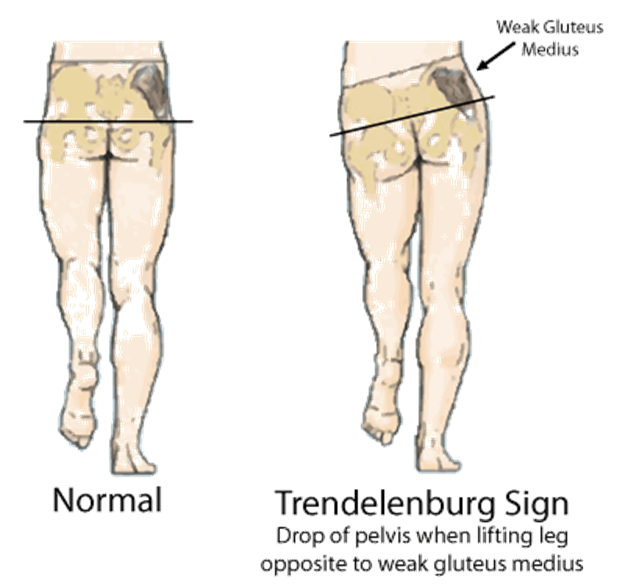Diabetes, dementia, Parkinson’s disease, stroke, and vitamin B deficiencies may cause neurological damage leading to what condition?
Aphasia
Traumatic brain injury (TBI)
Gait disturbances
Postprandial hypotension (PPH)
Fallophobia
The Correct Answer is C
Choice A reason: Aphasia is a language disorder that affects the ability to communicate, not the ability to walk or balance.
Choice B reason: Traumatic brain injury (TBI) is caused by external forces, such as a blow to the head, not by internal factors, such as diseases or deficiencies.
Choice C reason: Gait disturbances are problems with walking or balance that can result from neurological damage affecting the motor system.
Choice D reason: Postprandial hypotension (PPH) is a drop in blood pressure after eating that can cause dizziness or fainting, but it is not directly related to neurological damage.
Choice E reason: Fallophobia is a fear of falling or heights, not a condition caused by neurological damage.

Nursing Test Bank
Naxlex Comprehensive Predictor Exams
Related Questions
Correct Answer is C
Explanation
Choice A reason: Encouraging the client to use a cane when ambulating is not a cause of concern for the home health nurse, as it is a way of providing support and stability for the client, and preventing falls or injuries.
Choice B reason: Keeping several low wattage night lights on in the evening is not a cause of concern for the home health nurse, as it is a way of improving the visibility and orientation for the client, and reducing the risk of tripping or stumbling in the dark.
Choice C reason: Keeping the side rails up on the client’s bed at night is a cause of concern for the home health nurse, as it is a way of restricting the client’s mobility and increasing the likelihood of entrapment, injury, or death. Side rails can also create a false sense of security and encourage the client to climb over them, which can result in falls or fractures.
Choice D reason: Installing wooden railings on the stairway to the bathroom is not a cause of concern for the home health nurse, as it is a way of enhancing the safety and accessibility for the client, and preventing falls or slips on the stairs.
Correct Answer is B
Explanation
Choice A reason: This method is not appropriate because it can cause physical and psychological harm to the client. It can injure the client's mouth, trigger a gag reflex, or cause choking. It can also make the client feel violated, frightened, or angry. This can worsen the client's behavior and damage the trust between the client and the caregiver.
Choice B reason: This method is appropriate because it can help the client maintain their dignity, autonomy, and sense of control. It can also stimulate the client's cognitive and motor skills, and encourage the client to participate in their own care. This can improve the client's mood and behavior, and foster a positive relationship between the client and the caregiver.
Choice C reason: This method is not appropriate because it can cause emotional and psychological harm to the client. It can make the client feel disrespected, humiliated, or threatened. It can also increase the client's anxiety, agitation, or resistance. This can worsen the client's behavior and damage the trust between the client and the caregiver.
Choice D reason: This method is not appropriate because it can cause physical and psychological harm to the client. It can injure the client's mouth, trigger a gag reflex, or cause choking. It can also make the client feel ignored, neglected, or devalued. This can worsen the client's behavior and damage the trust between the client and the caregiver.
Whether you are a student looking to ace your exams or a practicing nurse seeking to enhance your expertise , our nursing education contents will empower you with the confidence and competence to make a difference in the lives of patients and become a respected leader in the healthcare field.
Visit Naxlex, invest in your future and unlock endless possibilities with our unparalleled nursing education contents today
Report Wrong Answer on the Current Question
Do you disagree with the answer? If yes, what is your expected answer? Explain.
Kindly be descriptive with the issue you are facing.
